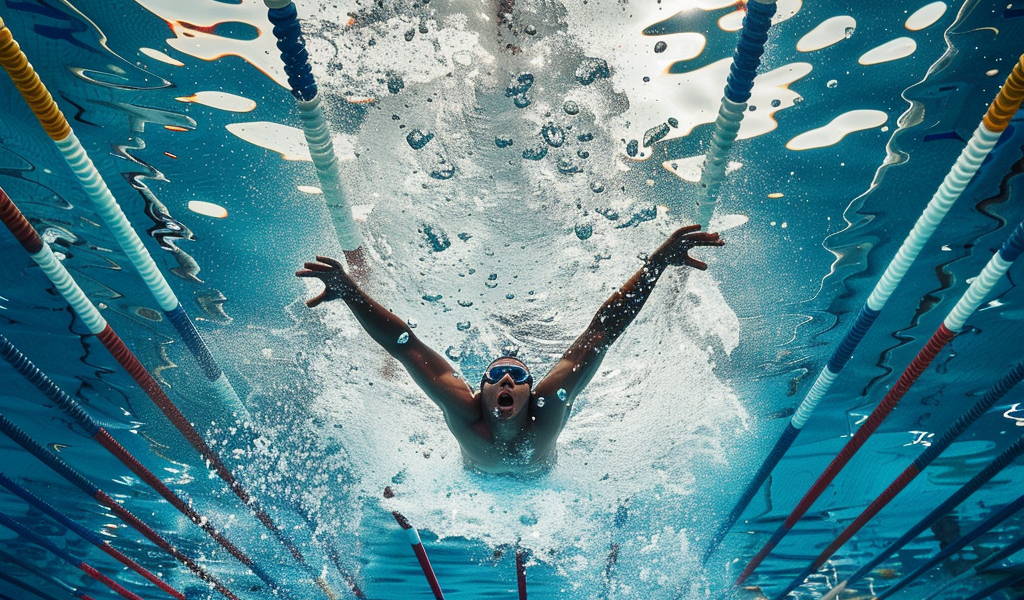In a surprising revelation that has sent ripples through the swimming community, members of Team USA have openly admitted to a rather unglamorous truth: they often relieve themselves in the pool. This confession, brought to light by a recent investigation from a leading publication, highlights a practice that is not only common but seemingly accepted among competitive swimmers.
The findings emerged from a survey conducted with various Olympic swimmers, where it was disclosed that this behavior is widespread. Three-time U.S. Olympian and gold medalist Lilly King candidly stated, “I’ve probably peed in every single pool I’ve swum in. That’s just how it goes.” Her remarks encapsulate the reality faced by many athletes who prioritize performance over decorum.
Another swimmer, Zach Harting, who specializes in the butterfly stroke, shared his personal experience regarding this unconventional practice. He recalled the first time he urinated in a pool during a high school state championship in Alabama, just before representing the USA at the Tokyo Olympics. Harting explained that once he embraced this habit, his perspective on swimming pools changed entirely: “Every time I went to a pool after that, I only considered myself to have swum in it if I peed in it.” This sentiment reflects a shift in mindset among swimmers who often find themselves in high-pressure situations.
The investigation delved deeper into the reasons behind this behavior, revealing that the design of competitive swimwear plays a significant role. Swimmers wear ultra-tight suits that can be challenging to manage when nature calls. Furthermore, many athletes adopt a strategy of hydrating just before their events to enhance their performance, which can lead to urgent situations where a bathroom break is not feasible.
Four-time Olympic freestyle medalist Cullen Jones added a note of caution to the conversation. He humorously advised fellow swimmers to be mindful of their surroundings, stating, “You never want to swim through a warm patch.” This light-hearted rule underscores the camaraderie and shared experiences among swimmers, even when discussing such a taboo topic.
The topic has garnered attention not only for its shock value but also for shedding light on the unique challenges faced by elite athletes. The pressures of competition, combined with the physical demands of the sport, often lead to unconventional coping mechanisms. While the practice may seem off-putting to outsiders, it is part of the reality of life in the fast lane of Olympic swimming.
As the 2024 Paris Olympics approach, the revelations from Team USA swimmers serve as a reminder of the human side of athletes, who, despite their extraordinary talents and achievements, face everyday challenges just like anyone else. The candidness of these athletes in discussing their experiences adds a layer of relatability to their already impressive profiles.
In a world where athletes are often placed on pedestals, this admission brings them back down to earth, reminding fans that even the best in the world have their quirks and secrets. As the swimming community prepares for the upcoming Olympic Games, it will be interesting to see how this conversation evolves and if it encourages more athletes to share their own experiences.
With the Olympics just around the corner, the focus will undoubtedly shift back to the athletes’ performances in the pool. However, the candid confessions of Team USA swimmers remind us that behind every gold medal is a story that often includes a few unexpected twists.





